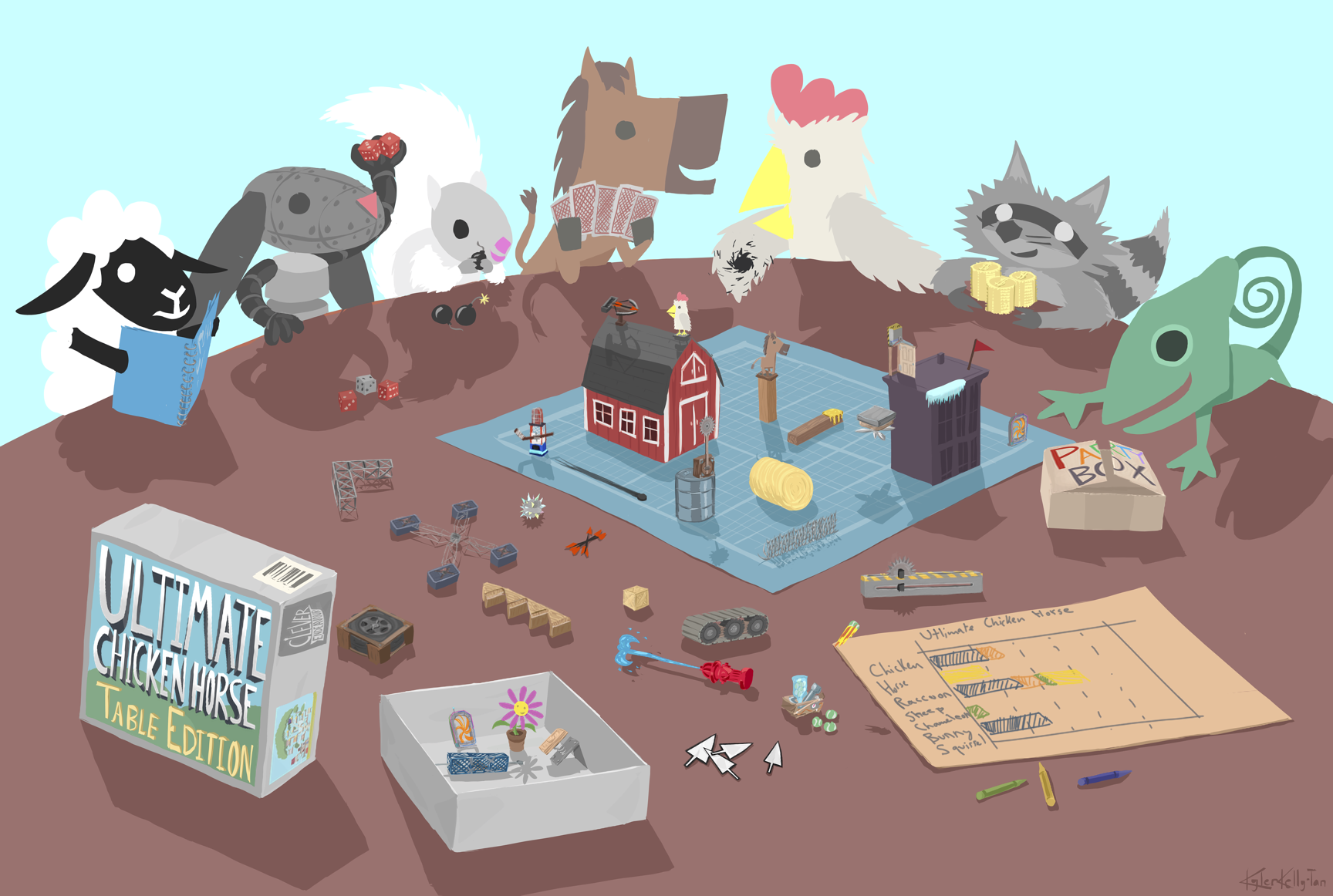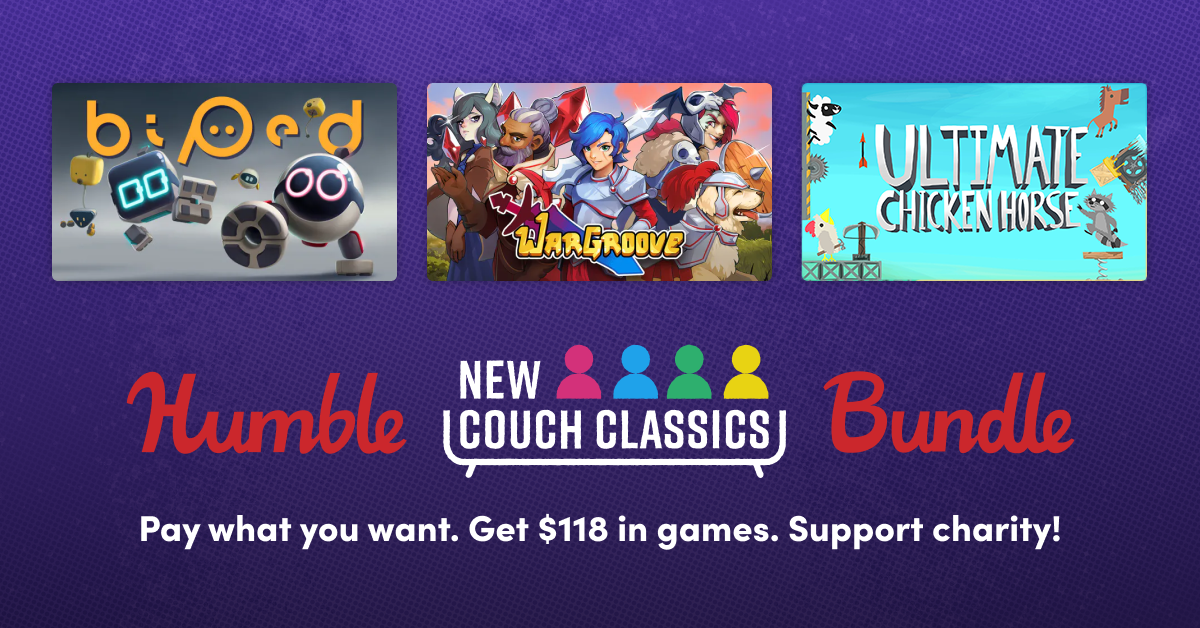Impressions from Boston FIG
/Last weekend, at MIT in Boston, was the Boston Festival of Indie Games. The BFIG is a smallish expo that showcases games mostly from the Northeast US and Canada, and is more relaxing version of something like PAX.
Last year, Clever Endeavour went and had a great time. This year, Richard went down with a couple of the members of Artifact 5, another Montreal game development studio, and recorded his impressions. Below are his opinions, not that of the company.
A Few of the Best Games That I Saw
Anamorphine, the game by Artifact 5, was awesome of course and their new demo was good enough to earn them the prize for best experimental game. I know them well though, so I'm going to talk about games that I hadn't seen before.
Perception was a great looking game where you play as a girl exploring an old, seemingly abandoned house. Not quite horror, the game freaks you out a little bit and gives you clues as to what's going on in the world as you explore it. The graphics were outstanding and the audio was perfect; the creators of the game are mostly ex-Irrational Games people (the ones who made Bioshock) so we can expect great things.
Inari was a mobile game where you play as a cloaked cat who jumps and bounds off of objects. It's a platformer with a beautiful art style, almost low-poly looking but in 2D. Great colours and depth to the scene backgrounds make it beautiful, and the mechanics are fun though limited.
Lastly, I really liked Dragon Dad. This game was a bit like 'Dumb Ways to Die' for mobile or Warioware, where it's made up of small quick-time events and has a sarcastic, witty bit of humour between. The game is made by a games lab at a university in Boston and one of the undertones of this game is environmental awareness; some of the mini-games involve sorting recycling from garbage, biking quickly, or closing the fridge. Subtle, but nice messages.
I didn't play everything, so I'm sorry if I missed you!
Some Trends That I Noticed
There seemed to be some recurring themes this year, as there have been every year. This year shifted a little bit though, and we saw a lot of the following:
- Local multiplayer, single-mechanic arena games: I have no issue with this, except for the "single-mechanic" part. Many games seemed to be local multiplayer battle games that focused on one very specific thing, without variation. I think that games like Towerfall or Starwhal which focus on one mechanic still have enough variation (types of arrows in Towerfall, level changes in Starwhal) that this keeps things alive beyond what a simple, single-mechanic game could. These games also have extremely deep mechanics that are very difficult to master.
- Survival and crafting: lots of this stuff. Lots and lots and lots. It seems everyone just wants to craft! Except me.
- VR: I found slightly less VR than there was last year for some reason... but it seems that at every show there are many VR games that range from proof-of-concept demos to full games. Unfortunately I didn't see many full games.
So that's all for this week folks, we'll be back next time with some game updates!

















